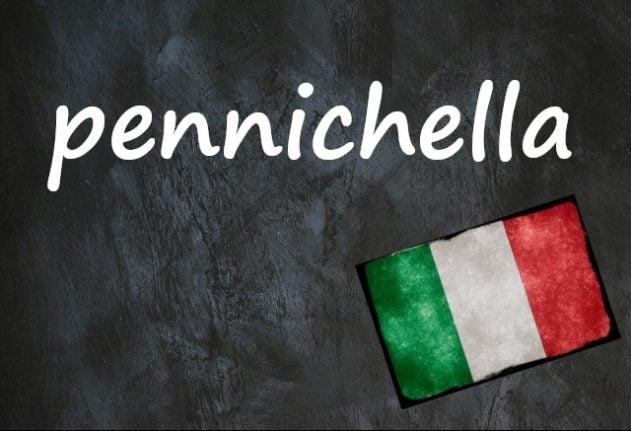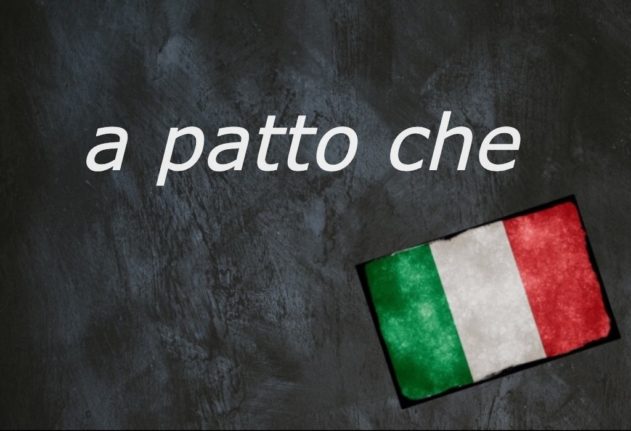If you’ve spent any time in Italy, no doubt you’ll have noticed that shutters are closed and streets are empty at mid-afternoon in many towns and villages – particularly on weekends, during the middle of summer, and in the scorching south of the country.
This is because, as we all know, enjoying a ‘proper’ lunch is of paramount importance in Italy – and so is having a rest afterwards.
One thing you might not realise though is just how many different terms exist in Italian for this afternoon nap.
These words will never come in more useful than in mid-August – particularly if your Italian family members, like mine, insist on eating platefuls of heavy lasagna or pasta al forno (any type of pasta dish baked in the oven) for lunch despite the searing outdoor temperatures.
When the abbiocco sets in and your eyelids start to droop involuntarily after lunch, one common term for this type of afternoon snooze is ‘pennica’. A little snooze, then, is a pennichèlla (‘penny-kel-lah’. Hear it pronounced here.).
– fare una pennichèlla
– to have a snooze
The Treccani dictionary notes that the word is derived from the Latin pendiculare and implies hanging or swaying, in reference to the way your head might drop to one side or the other when you fall asleep sitting in a chair.
If you go off to bed to lie down, possibly even putting your pyjamas on, you’re committing more to the nap; so you might call that un riposo (a rest) or riposino (a little rest) instead.
You could also use pisolino (a word of Tuscan origin, meaning ‘nap’) or sonnellino (a ‘little sleep’).
– vado a fare un pisolino
– I’m going for a nap
The Spanish word ‘siesta’ also works in any case – plus there are countless other terms for napping used in local dialects across Italy.
And of course, some of us may still be getting used to the idea of sleeping at midday after growing up in cultures where such a habit would be viewed as rather lazy or indulgent.
But be assured that, in Italy, napping is not only acceptable but often seen as beneficial and even essential for health, mood and productivity in the hot summer months.
However, as Italians might warn you: non devi esagerare (don’t go overboard). Ideally your pisolino shouldn’t last more than 30 minutes, the Italian version of Cosmopolitan magazine explains, while newspaper La Repubblica advises to keep naptime to 20 minutes or less.
Do you have a favourite Italian word you’d like us to feature? If so, please email us with your suggestion.



 Please whitelist us to continue reading.
Please whitelist us to continue reading.
Member comments